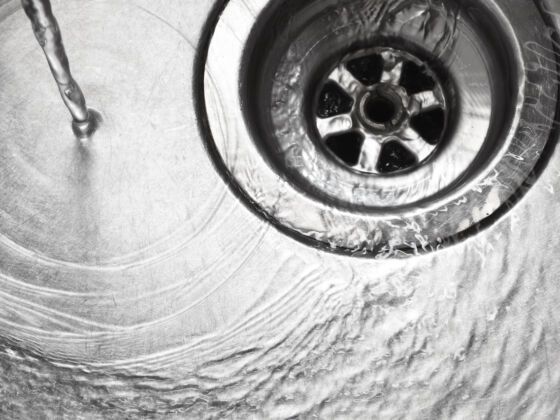WHAT DO YOU GET when you put a professional mountaineer passionate about water, a former NASA engineer, a renegade professional surfer versed in disaster relief, and a flat-out genius all on stage together to talk about water? (No, this isn’t a joke.)
Well, you get lots of opinions that don’t necessarily jive with each other. Mostly though, you get inspiration.
